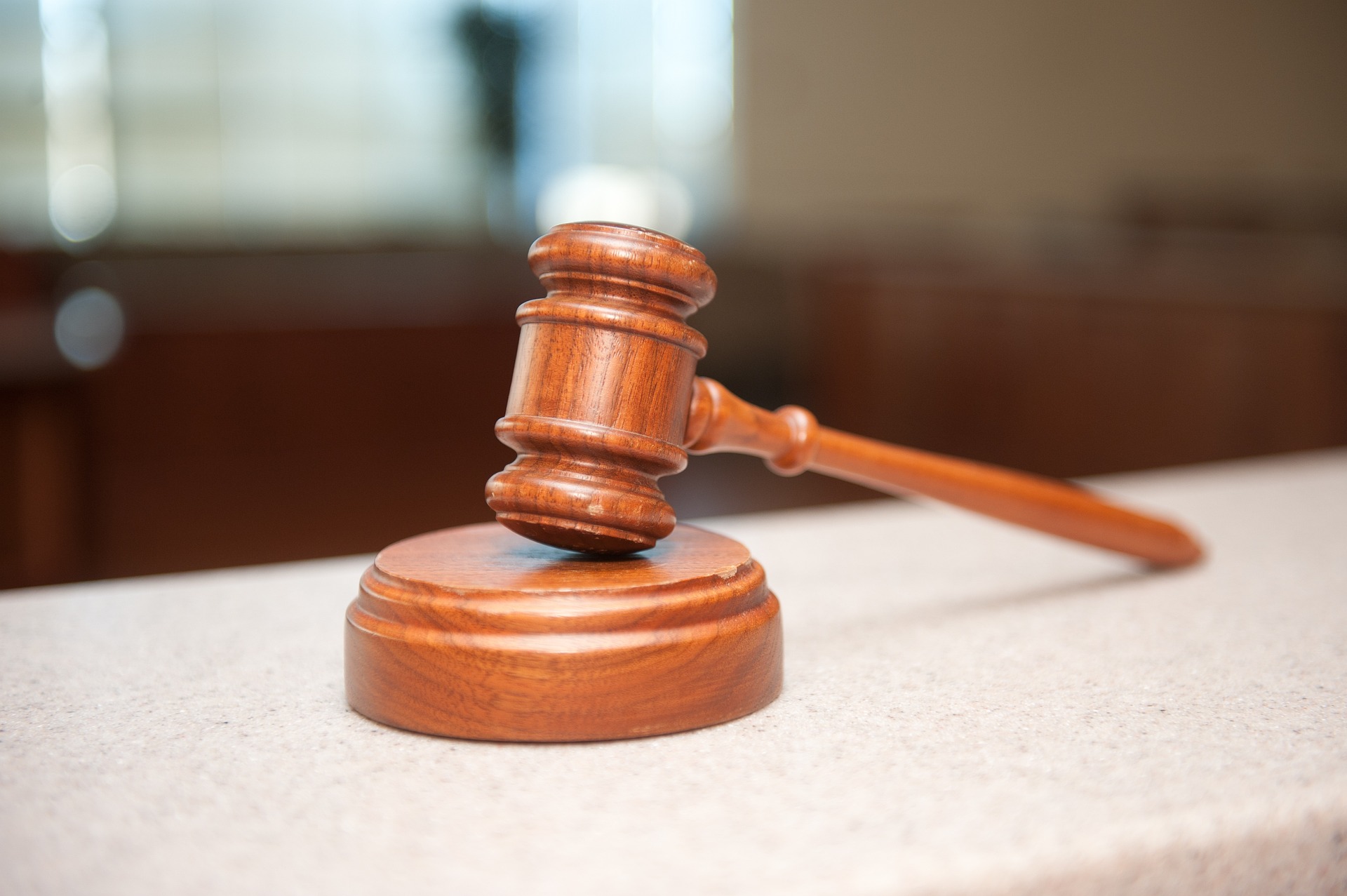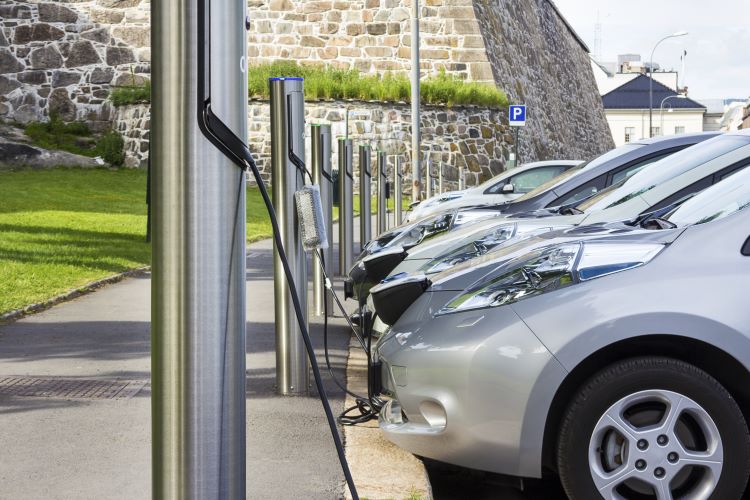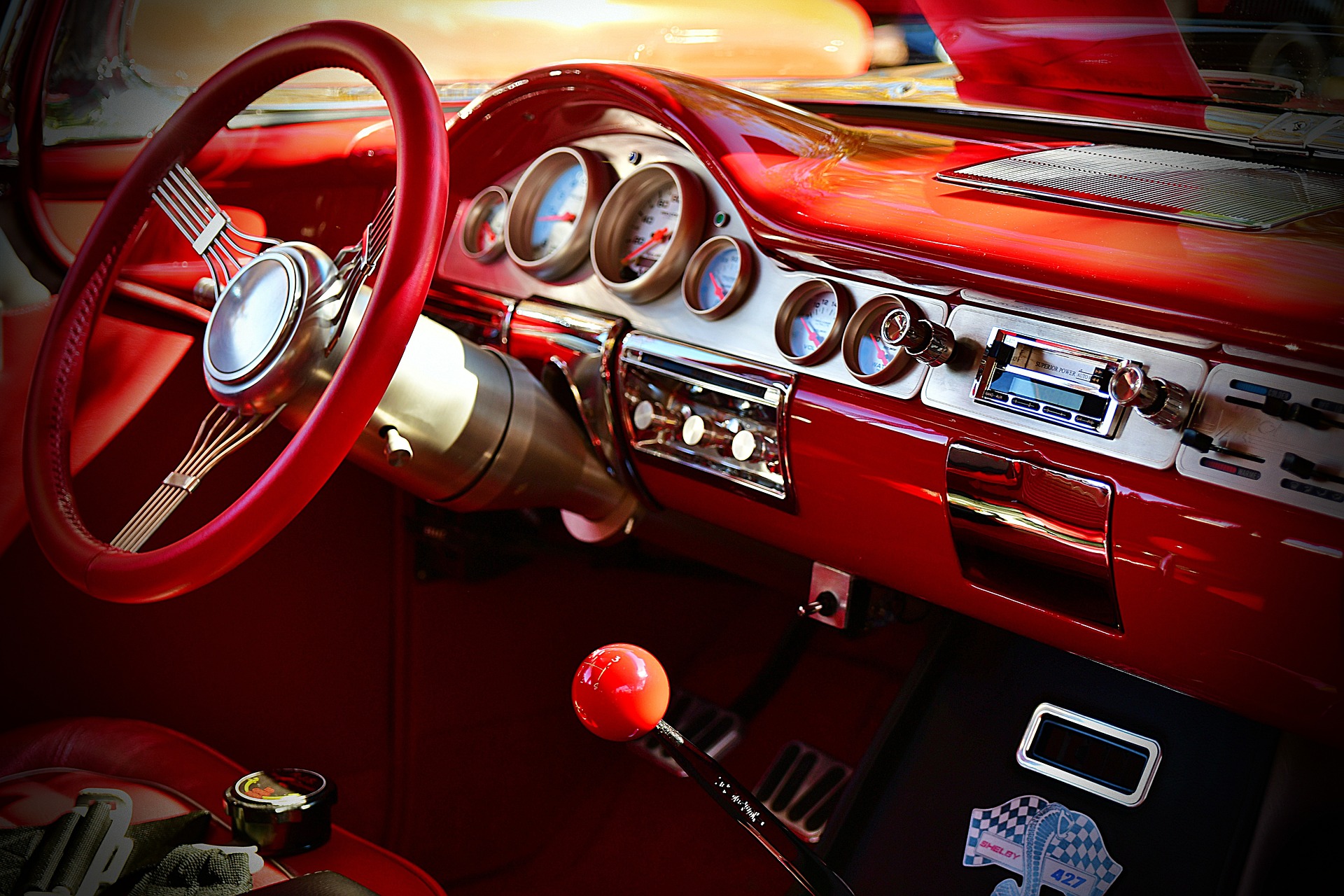The Interplay of Intellectual Property Laws and Artificial Intelligence: A Current Overview
Introduction: As we continue to witness the rapid evolution of artificial intelligence (AI), its interaction with intellectual property laws presents unique challenges and considerations. This article delves into the historical context of intellectual property law, its current intersection with AI, and the implications for society.

Historical Context of Intellectual Property Law
Intellectual property law is a critical area of law designed to protect the rights of creators and innovators. Over the centuries, the scope of intellectual property law has expanded to cover a vast array of creations, including inventions, literary works, artistic works, and symbols. The laws serve to incentivize creativity and innovation by granting exclusive rights to creators for a specified period.
The Advent of Artificial Intelligence
With the dawn of the digital age, artificial intelligence emerged as a revolutionary technology with immense potential. AI systems can learn, adapt, and even create new content, pushing the boundaries of what is traditionally considered a ‘creator.’ This development has brought about a significant shift in the way we understand and apply intellectual property law.
Intellectual Property Law Meets AI
AI’s ability to create original content poses a challenge to the traditional understanding of ‘creativity’ under intellectual property law. For instance, AI systems can now generate music, paint pictures, and even write articles. The question arises: who owns the copyright to such AI-generated content? The creator of the AI, the user who operates it, or the AI itself? Current laws are not equipped to handle these complexities, necessitating a reevaluation and potential overhaul of existing legislation.
Recent Legal Developments
In recent years, several countries and international organizations have begun to address the intersection of AI and intellectual property law. For instance, the United States Patent and Trademark Office sought public comments on patenting AI inventions in 2019. Similarly, the World Intellectual Property Organization initiated a conversation on intellectual property policy and AI in 2020. These discussions underscore the urgent need for legal reform in this uncharted territory.
Implications and Impact on Society
The way we resolve the intersection of AI and intellectual property law will have far-reaching implications. It will affect not only tech companies and content creators but also consumers and society at large. If AI is recognized as a ‘creator,’ it could potentially dilute the rights of human creators. On the other hand, if AI-generated content is not protected by intellectual property laws, it could discourage investment in AI technology. Striking the right balance, therefore, is crucial to fostering both human creativity and technological innovation.
In conclusion, the interplay between intellectual property laws and artificial intelligence is a burgeoning field that requires careful consideration and robust legal mechanisms. As AI continues to evolve, so too must our legal frameworks, ensuring they are equipped to address the unique challenges posed by this revolutionary technology.




